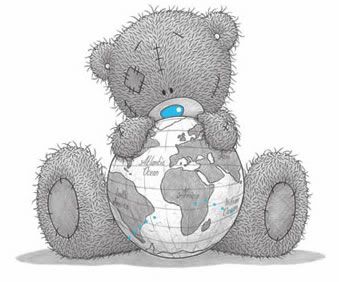Globalization and Neo-liberalismVivian Choy, Economic ExpertThe globalization of trade, which is the rapid expansion of world trade, has been vital in building a nation’s stability as a society and in the world. Neo-liberalism rejects any concept of social responsibility and any restraint on the global forces is regarded as a restriction of human rights, and this means that there is free movement of finance and capital. Trans-national companies are free to move their businesses around the world to wherever they want to such that they can benefit best. Neo-liberalism has been a major part of the international economic policy and it has made an impact on millions of people in the world, but even so, it has also affected the lives of the less fortunate in an adverse way, notably the people living in poverty.
Globalization has led to the widening of the gap between the rich and the poor, making the rich very rich but the poor very poor, thus there is an increase in the number of people in poverty. This is where the World Bank steps in to ensure that there are social welfare programmes in these less economically developed countries such that through economic assistance, poorer countries in economic crisis will still be able to stay afloat. However, this may not eradicate the problem entirely, and people may be forced to migrate in search of a better life.
Structural adjustment programmes are recommended by international economic organizations seeking to promote economic development and to support nations in economic crisis. There has been varying results. In countries Chile and Mozambique, for example, the gap between the rich and the poor has increased even though the economy has been growing, and so the situation has not improved much. In Zimbabwe and Kenya, the poor has only been made even poorer due to the countries’ economic structures.
So has globalization improved our lives? For most of us, the answer is yes. We live in a world that is so globalized that practically everything around us is a result of globalization. However, for the people who have been left out while the rest of the world is advancing so rapidly, globalization has, in actual fact, ruined their lives, because they have become even poorer than they were, and have been used as “sacrifices” for the progress of the more economically developed countries.
Resource:
http://www.ifsw.org/en/p38000222.html

